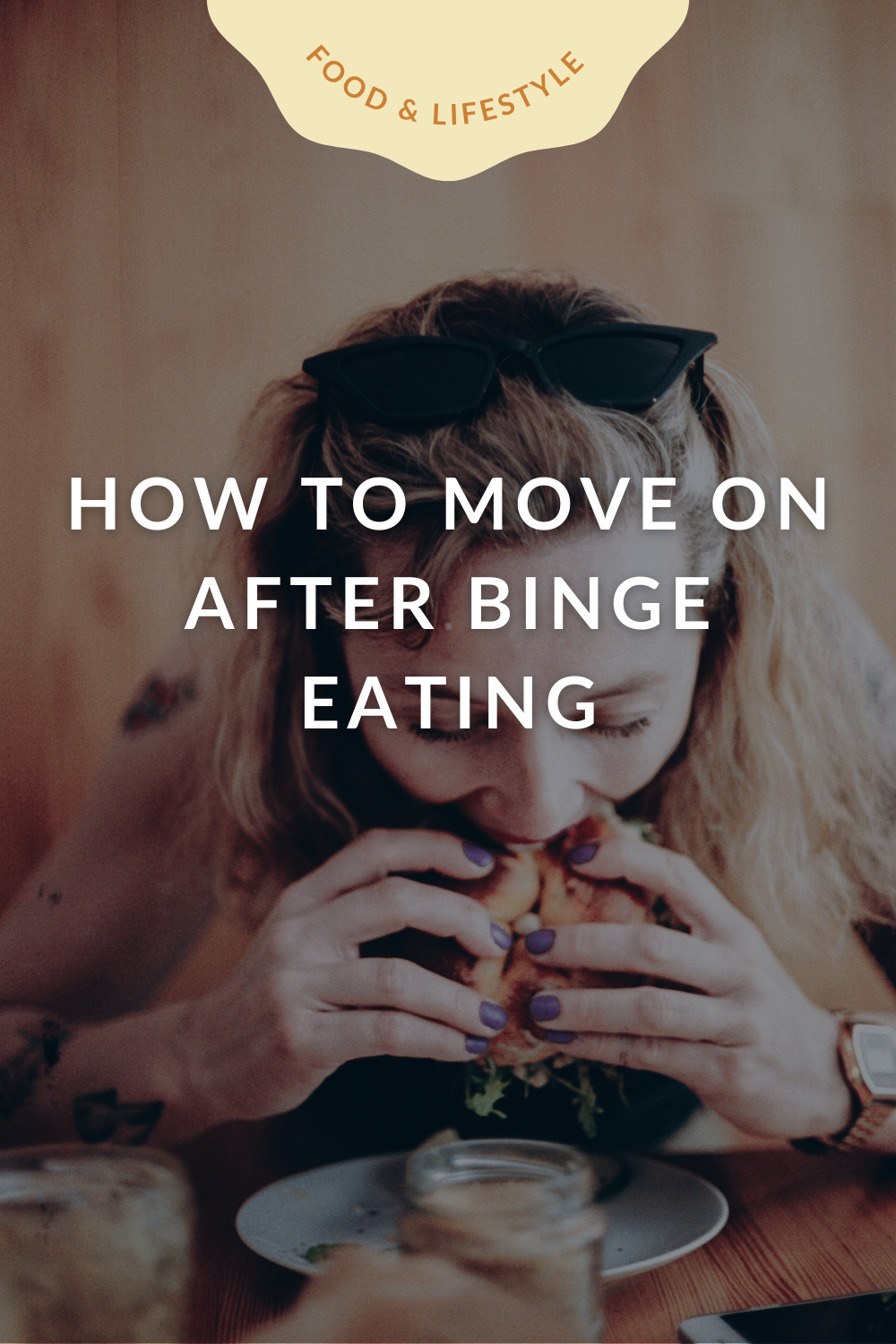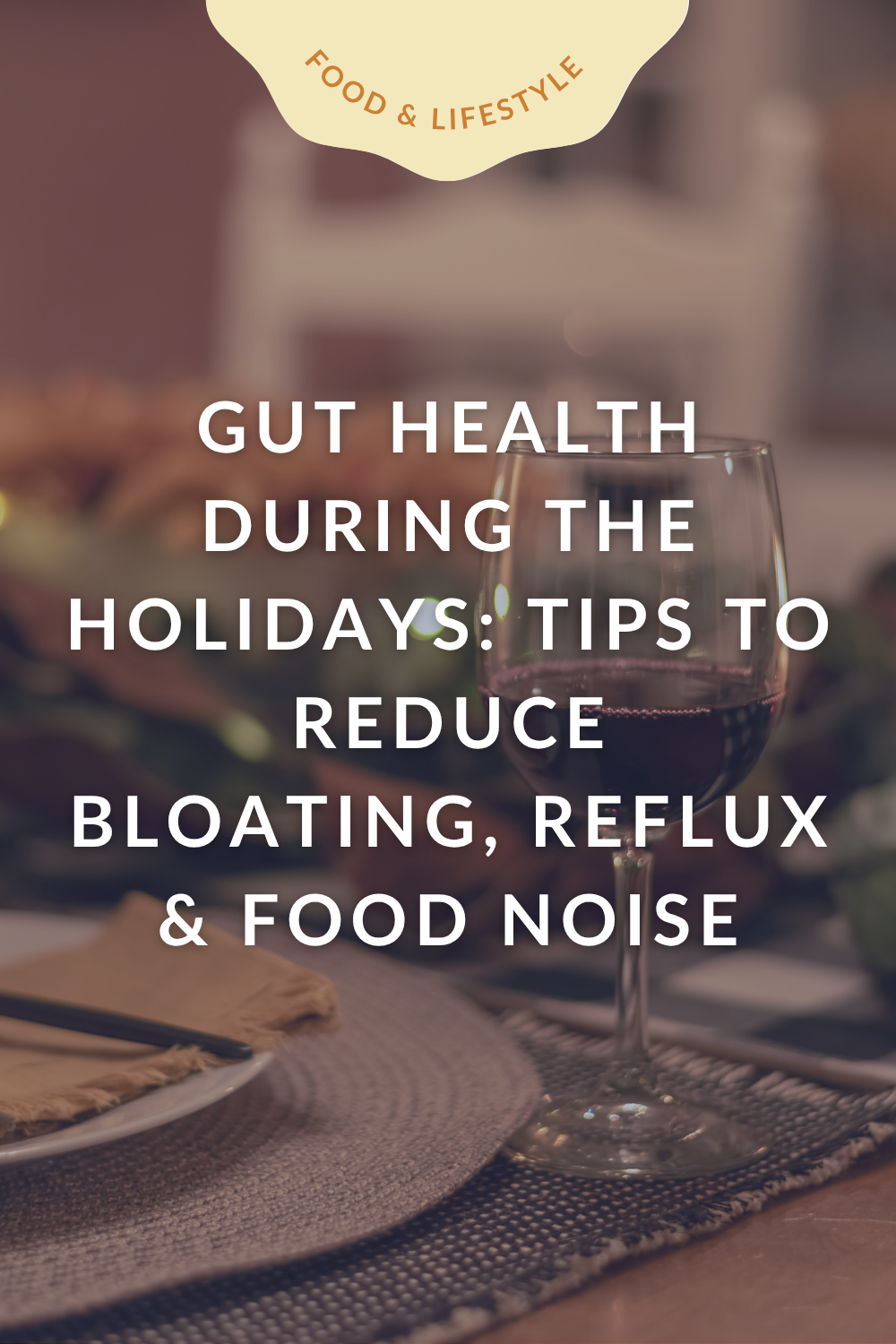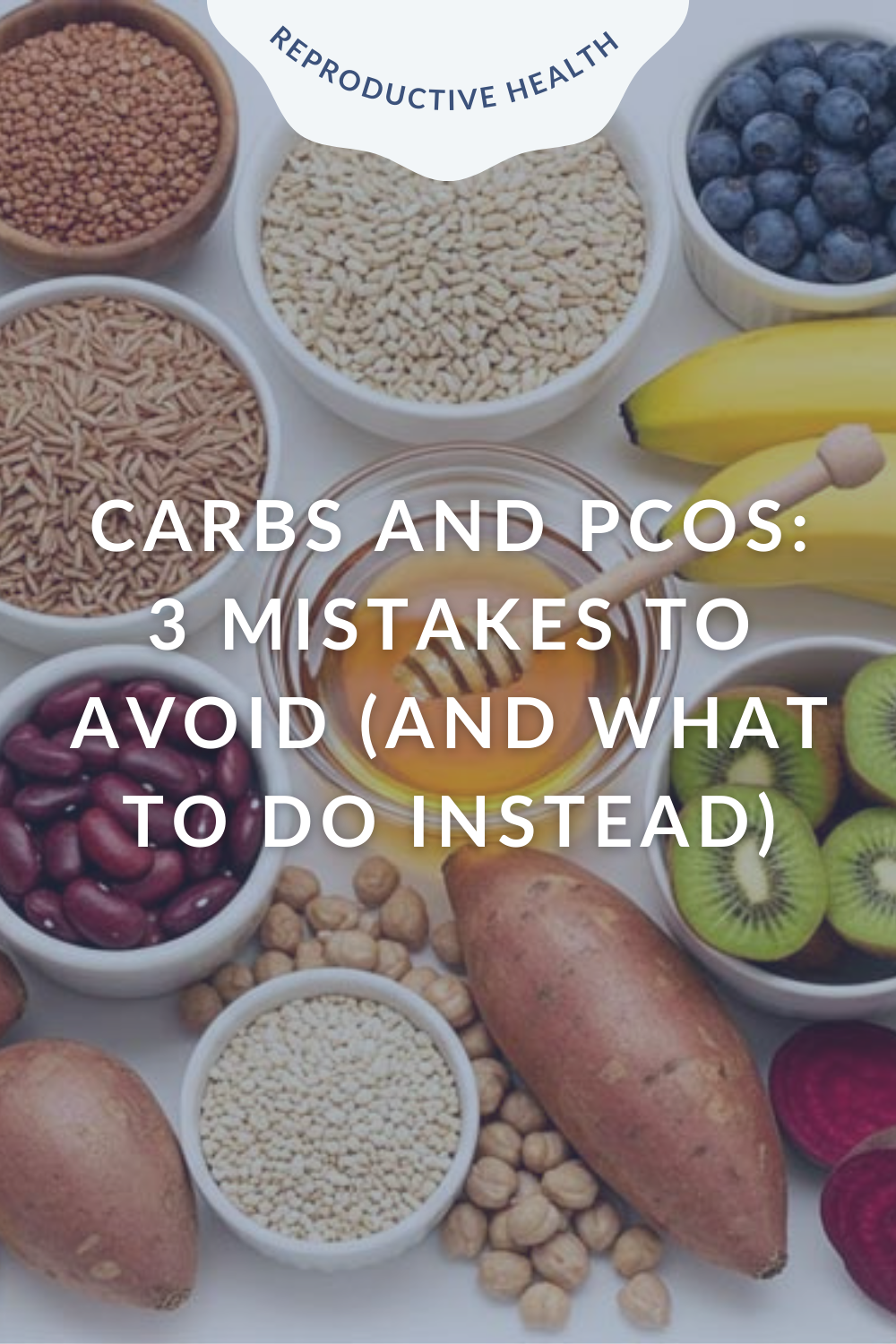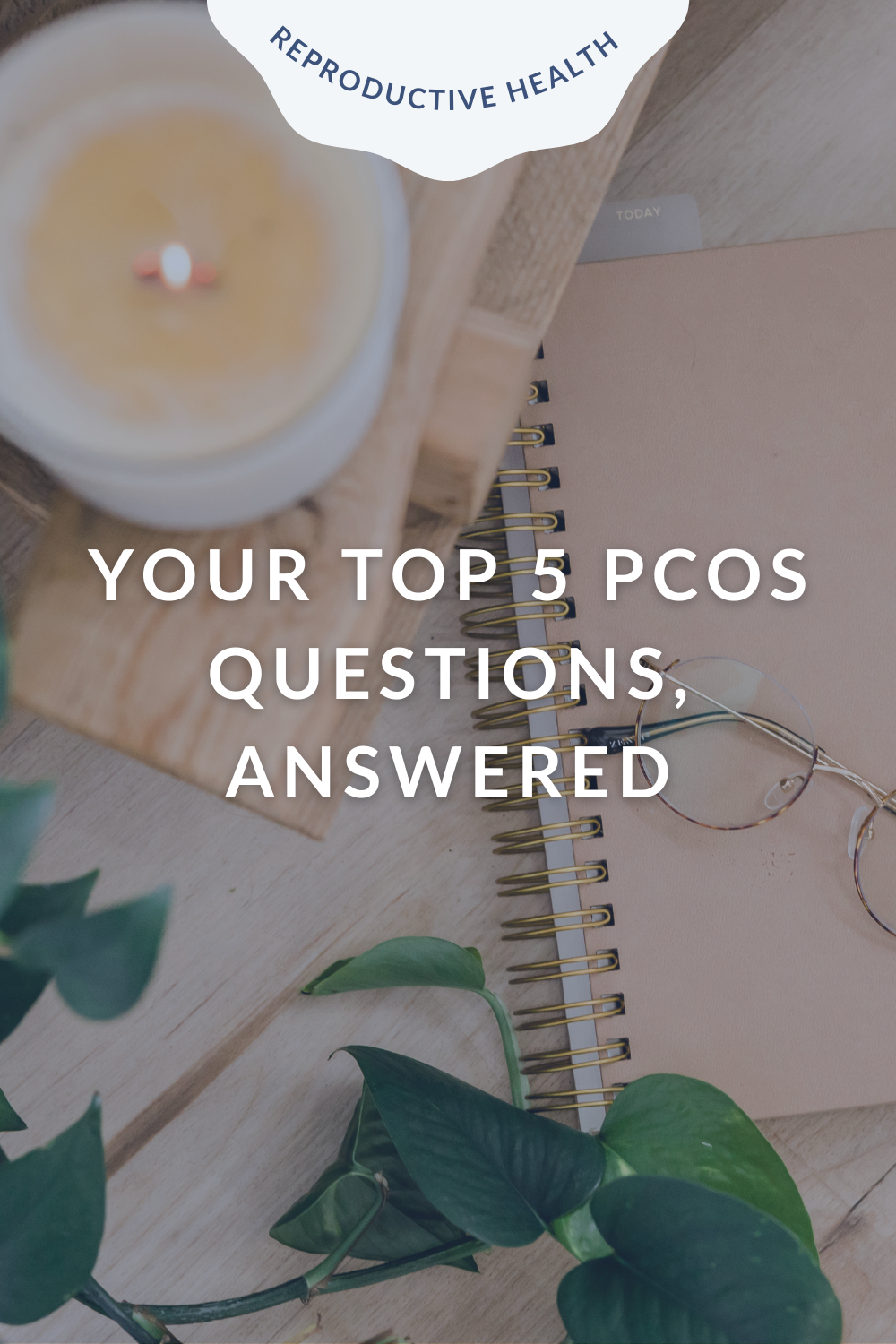How to Move on After Binge Eating
Binge eating can feel overwhelming and disheartening, but it's important to remember that it doesn't define you as a person or your physical wellbeing.
Today, we'll share insights on how to mentally handle binge eating, practical strategies for approaching your next meal or snack, and preventative measures to reduce the risk of future binges.
What is Binge Eating?
Overeating is normal and happens to everyone. However, binge eating involves a sense of loss of control. To be clear, binge eating can occur independent of food volume.
Overeating and binge eating is not a “bad” thing - but it can be problematic in that it’s compulsive. Plus, we don’t want eating to be the primary coping mechanism for emotional distress. Recognizing this distinction is crucial in addressing the issue with the right mindset!
If you struggle with overeating, followed by periods of restricting - keep reading for tips on how to break free from this cycle.
We want to be clear that binge eating disorder (BED disorder) needs to be treated through an interdisciplinary approach, involving psychological, nutritional, and medical interventions to effectively address the underlying causes and promote long-term recovery.
The Secret to Moving On After Overeating
If you’re struggling with the rollercoaster of “clean eating” followed by bingeing, it might be time to change the way you think and speak to yourself. Does overeating launch you into a cycle of shame and guilt?
Reflect on this: Have you ever felt great after a self-critique session? Probably not. That’s because self-judgment around food is never a sustainable motivator. It may prompt you to eat your vegetables the next day, but that behaviour likely won’t last until the next binge.
Instead, after a binge, we challenge you to adopt a new mindset - approaching the experience with openness, ownership, and the self-belief that you haven’t doomed yourself, rather, you can simply move on.
A key aspect of this mindset shift is to avoid attaching value to negative thoughts that may arise after a binge. When a negative thought appears, create space to regulate your emotions. We suggest setting a timer for 15 minutes. In that time, engage in another activity (rather than sitting around ruminating). When the timer goes off, how do you feel? Approach with curiosity, not judgment.
Every experience, including overeating, is an opportunity to learn more about yourself. Approach it as neutral data. Ask yourself: “Why did this happen? What is one thing I’ve learned from this experience? Do I like feeling this way?” For example, you might realize that eating past fullness does not make your body feel good. This insight can guide you towards more mindful eating in the future.
Remember, a bingeing session will not make or break your health. We’re prone to a negativity bias and catastrophic thinking around food. The beauty is that we can retrain our thought patterns, however. You are a resilient being, and with self-compassion, structure and practice, you can learn to accept and move on from a binge.
Practical Diet and Lifestyle Strategies After Overeating
Reconnect with your body. After a binge, take a moment to assess how you're feeling physically. Are you more full or bloated? Do you prefer lighter meals, or are you ready to resume your usual eating pattern? Separate your physical feelings from any mental distress you might be experiencing.
Avoid skipping meals. Skipping meals or intentionally restricting food the day after a binge can lead to extreme hunger, which might trigger another binge. It’s certainly tempting, but ask yourself, “How has that worked out in the past?” Usually, getting your body back in routine, nourishing yourself regularly, is a surefire way to get back on track.
Soothing Teas. If you’re feeling bloated or backed up, sipping on peppermint tea can help, as it has antispasmodic effects to help ease discomfort. Ginger tea has prokinetic effects and can also aid digestion.
Movement. Engage in physical activity that feels good. Whether that’s going for a walk, hitting your usual gym routine, going for a bike ride, gardening or more. Moving your body can get you out of your headspace (if you tend to spiral), boost motivation and improve digestion. Just be careful not to over-exercise to “compensate” for the binge, as that is a slippery slope.
Preventing Future Overeating and Binges
Ensure Adequate Nutrition. A common physical driver for binge eating is inadequate intake during the day. You can't out-think your body’s physiological needs. Ensure you have frequent, structured, and balanced meals.
Address Vulnerability Factors. Consider other areas of your life that may be neglected, like sleep and stress management. Not having these other areas of our cup “filled” can increase risk for binge eating. Not only does poor sleep and mental health impact our appetite regulatory hormones, binge eating can often be a way to cope with distress. Practicing sleep hygiene, coping with stress (or working with a professional) can help reduce the urge to binge.
Binge Eating: Moving Forward
Finally, if you’re stuck in an exhausting cycle of restriction and binge eating, taking the first step to break free can feel abstract and scary. The fear of losing control is real, but our 1-on-1 nutrition coaching programs offer step-by-step support to help you regain ownership of your health. We provide guidance on gentle nutrition, mindful eating, meal planning, and developing lifelong nourishing habits.
Remember, you're not alone in this journey. With the right strategies and support, you can move on from binge eating and develop a balanced, fulfilling approach to nutrition. Embrace the process, learn from each experience, and believe in your ability to overcome challenges. Your journey towards a healthier relationship with food starts with the next meal, and you have the power to make it a positive one.
Hi! I’m Trista
A Registered Dietitian and reproductive health expert. I’m here to help you gain confidence to overcome your Polycystic Ovary Syndrome and digestive health woes, while bettering your relationship with food.
CATEGORIES
Looking for support to help manage your PCOS, diabetes, or overall health?
Work with our team of Registered Dietitians in 1-on-1 Nutrition Coaching Programs to receive personalized nutrition guidance, meal plans and messaging support to gain knowledge, confidence and clarity to build healthy eating habits that last.
Seeking 1-on-1 support? Our 1-on-1 nutrition coaching programs to help you regain control of your eating habits and health. Receive personalized nutrition support, meal plans and lifelong tools to build healthy eating habits that last.















